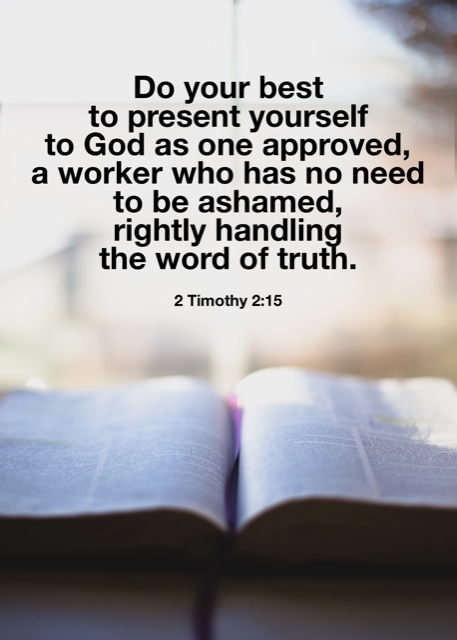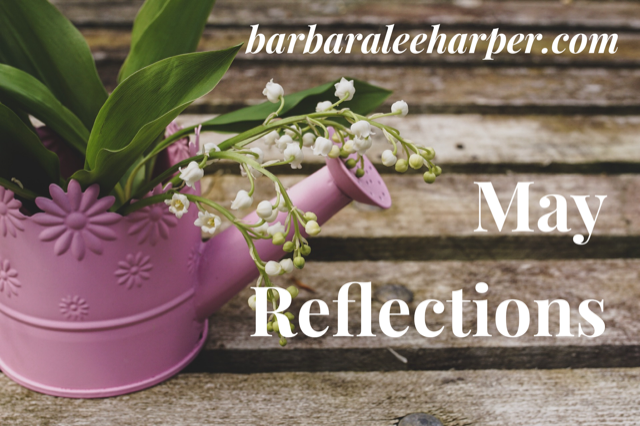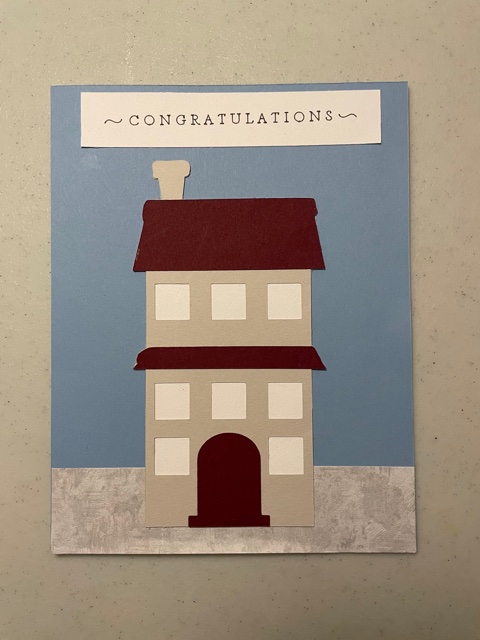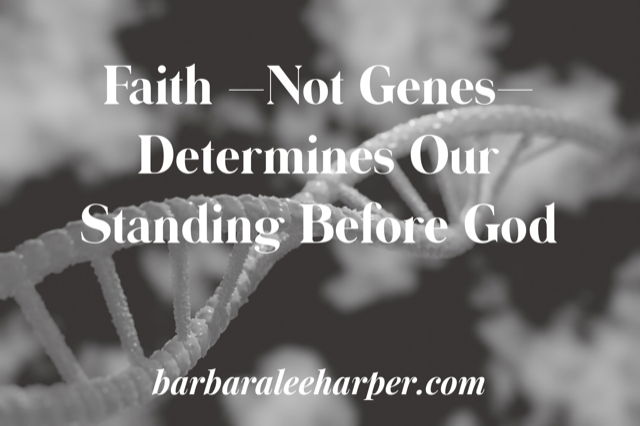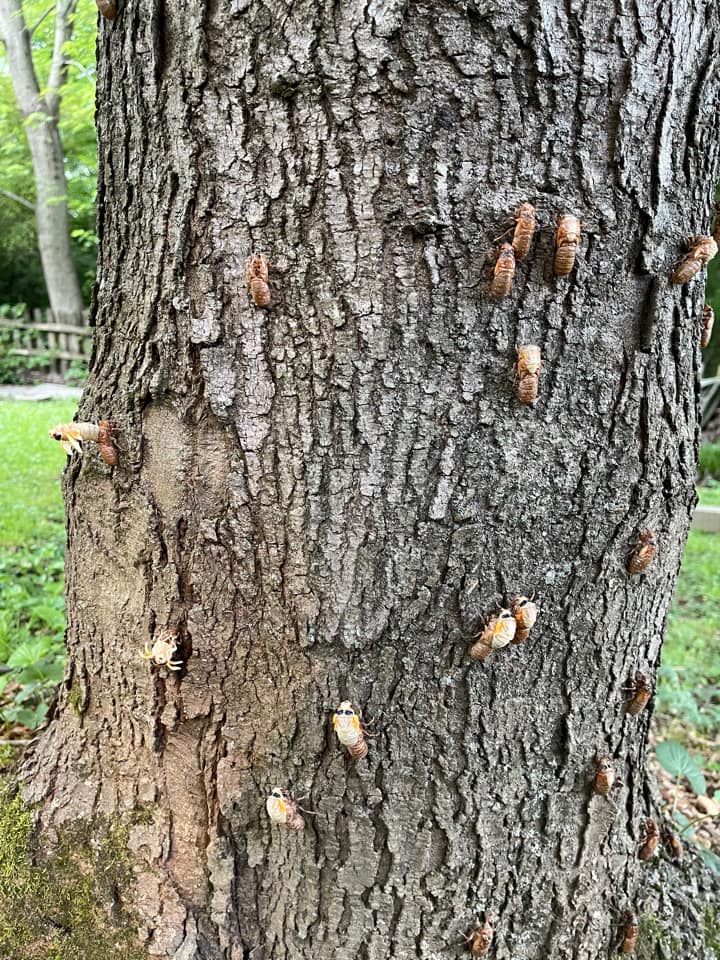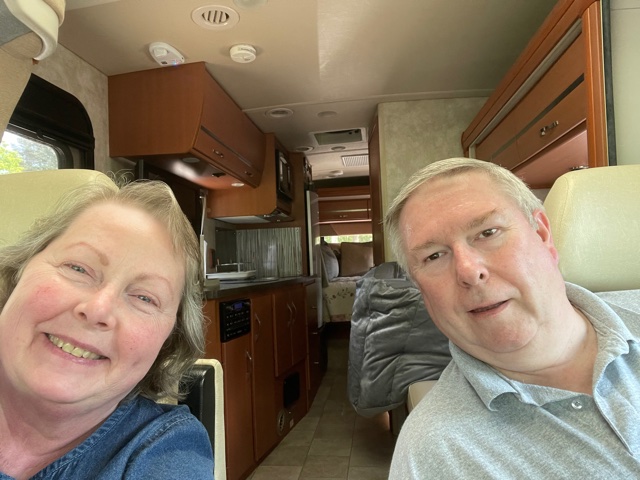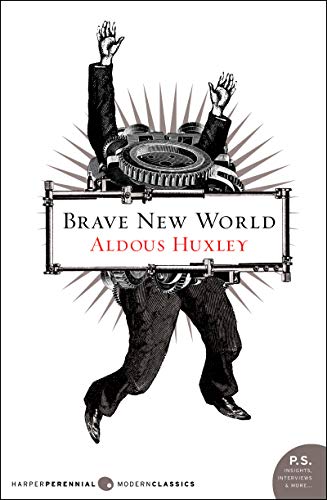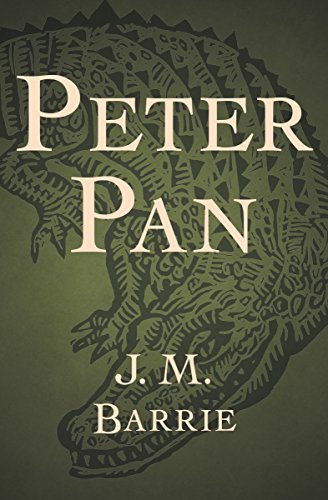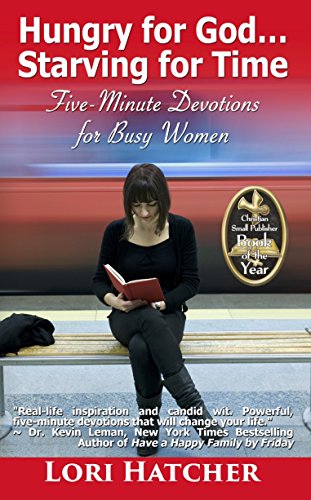One memorable time, as I was making teriyaki, I browned the strips of beef and added all the spices and ingredients called for. The last step was adding cornstarch to thicken the sauce.
However, I accidentally grabbed baking soda instead of cornstarch. My sauce erupted like a science fair volcano.
I poured out the sauce, rinsed out the pan, and added new ingredients to the beef. But enough baking soda had seeped into the meat that the whole dish was too tainted to eat. We drank water for hours trying to wash the taste out of our mouths.
What’s worse, the memory of that sauce was so strong that my husband couldn’t eat teriyaki any more. Even if everything came out right, teriyaki triggered the bad taste of the ruined version.
***
Recently I’ve see a lot of memes or quotes about how much better it is be to nice than to be right.
I think I know what some mean by this. Some people are passionate about every little thing; others insist that everything be done exactly their way. But there are issues in life not worth arguing over: which way the toilet paper goes on the roll, how to squeeze the toothpaste tube, etc. It’s better to overlook some things than to constantly fuss about them. The relationship is more important than one or the other being “right.”
But in some cases, being right is essential. The wrong ingredient can ruin dinner but make for a funny story later. But some wrongs are more painful. Saying the wrong thing at the wrong time can severely damage a relationship. Playing the wrong note will jar rather than please one’s listeners.
And sometimes being wrong can be deadly: the wrong medicine, the wrong diagnosis, the wrong step.
No amount of being nice can make up for being wrong in some instances.
Lately I have even seen this sentiment in regard to the Bible. True, many Christians take Judes’ admonition to contend for the faith to mean being contentious about everything. We’ve seen awful displays this last year of assigning wrong motives and vitriolic name-calling over issues where Christians should have been forbearing and given each other grace over differing opinions. Some wield truth like a club and forget the admonition that “the Lord’s servant must not be quarrelsome but kind to everyone, able to teach, patiently enduring evil, correcting his opponents with gentleness. God may perhaps grant them repentance leading to a knowledge of the truth, and they may come to their senses and escape from the snare of the devil, after being captured by him to do his will” (2 Timothy 2:24-26). It’s God who grants repentance through His Word and His Spirit, not our hammering.
Notice that Paul doesn’t tell Timothy to be nice instead of being right. He tells him to teach, be patient, correct, yes, but with gentleness. Both epistles from Paul to Timothy are full of instructions about right doctrine and conduct.
In fact, almost every book of the Bible warns against false doctrine or shows examples of people following the wrong way.
Yes, there are issues in the Bible good people can differ over. But there are other issues where we can seriously go astray and lead others with us if we’re wrong. If we don’t know God as He truly is, we create a false god in our image.
I saw an article recently where someone spoke of not worrying about getting everything right in their Bible reading, but instead looking for meaning for one’s personal life.
But how can we find meaning if we’re off on what we think the Bible says? Jesus said “true worshipers will worship the Father in spirit and truth” (John 4:23-24, emphasis mine).
Isaiah spoke of those “who swear by the name of the Lord and confess the God of Israel, but not in truth or right” (48:1).
True, the Pharisees spent a lot of time studying the scriptures and dotting their i’s and crossing their t’s just right. But for all their study, they missed the truth. Their error wasn’t in studying the Scripture but in adding to the word of God and teaching their own doctrines rather than His.
We do have to be careful not to fall into a merely academic approach to the Bible. But we don’t have to set up a false dichotomy between right study and meaning and application. Or between being nice versus being right. Paul urges Timothy to be an unashamed worker “rightly handling the word of truth” (2 Timothy 2:15).
Sometimes the call for truth can be stern in the Bible. Sometimes you can’t warn people of danger in a quiet voice. When one of my sons was little and toddled toward a busy street, I didn’t say, “Honey, please come back. The street is too dangerous.” I yelled and ran and snatched him up just before he stepped onto the road. I probably scared him to death. I was pretty shaken, myself.
Paul told the Galatians, “If we or an angel from heaven should preach to you a gospel contrary to the one we preached to you, let him be accursed” (Galatians 1:8). Did Paul say that because he was opinionated and intolerant in his religious views? No, he knew the truth and he knew the danger of a false gospel.
May God give us grace to know Him for who He is, to know His Word, to continue to study it depending on the Holy Spirit for guidance, to grow in knowing Him, to know where to draw lines and where to show forbearance, to speak boldly and truthfully but as kindly as possible.
. (I often link up with some of these bloggers)


